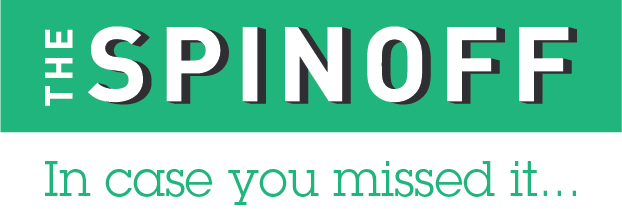

The quiet city: A month in a transformed New York. As thousands of new cases and deaths get reported on a daily basis, the greatest of cities has quickly become one of the most afflicted by Covid-19. Tess McClure, a New Zealand journalist based in New York, writes about the city’s rapid transformation into the epicentre of a global pandemic.
At home in an Auckland hotel: My two weeks in Covid-19 quarantine. When Andrew Todd returned to New Zealand from Canada shortly after the lockdown was announced, he was shuttled to a hotel near Auckland airport for two weeks under quarantine after showing symptoms. Here, he paints a picture of what that’s been like, from the daily routine health checkups to the square packaged meals he gets served three times a day.

Siouxsie Wiles & Toby Morris: Why contact tracing is so crucial to moving out of lockdown. There are two key factors the government will have considered in its decision around moving alert levels – how many people might still be incubating the virus, and what ability the government has to do contact tracing swiftly. Dr Siouxsie Wiles, with help from illustrator Toby Morris, lays things out.
“The Spinoff combines the highest calibre of reporting with cackling humour. It’s an easy way to support a great team to make great journalism.”
- Shivarn Stewart, Spinoff Member

On the wait, and the weight. “I thought I would read more and watch classic films, but all I do is look at memes and work, and think about work, and worry about not doing enough work,” writes Leonie Hayden in this affecting essay that gives a glimpse into her lockdown experience. “I’ve cried for every death. I don’t have enough room to grieve for the thousands who have died overseas. That makes me feel guilty too. Maybe I’m not good in a crisis. I always thought I was.”
Paul Henry is returning to TV, and is basically woke now. Many are asking the question: what happens after lockdown? In a hastily-conceived new show called Rebuilding Paradise with Paul Henry, one of TV’s most polarising figures is back. He talks to Duncan Greive about his return and what he thinks of the government’s response to the crisis so far.

Ignore the pandemic productivity guilt trap – it’s bullshit anyway. “It’s stressful to live through a pandemic! Pretending this additional burden doesn’t exist is unrealistic and unsustainable,” writes Matt Barlett. “It’s wrong to make out that we all have a huge amount of extra time and that we should feel ashamed if we do not use it ‘productively’… Nobody will care how much you weighed through this pandemic or whether you hit a personal best for lockdown crunches.”
Composting isn’t a trend, it’s a way of life. Composting is about returning nutrients to the soil we grow our food in, but there are more abstract health benefits of composting too – those that relate to mental and emotional wellbeing. Composting means being outside and being amongst nature, and as a country in lockdown, the importance of such things have become more important than ever.




